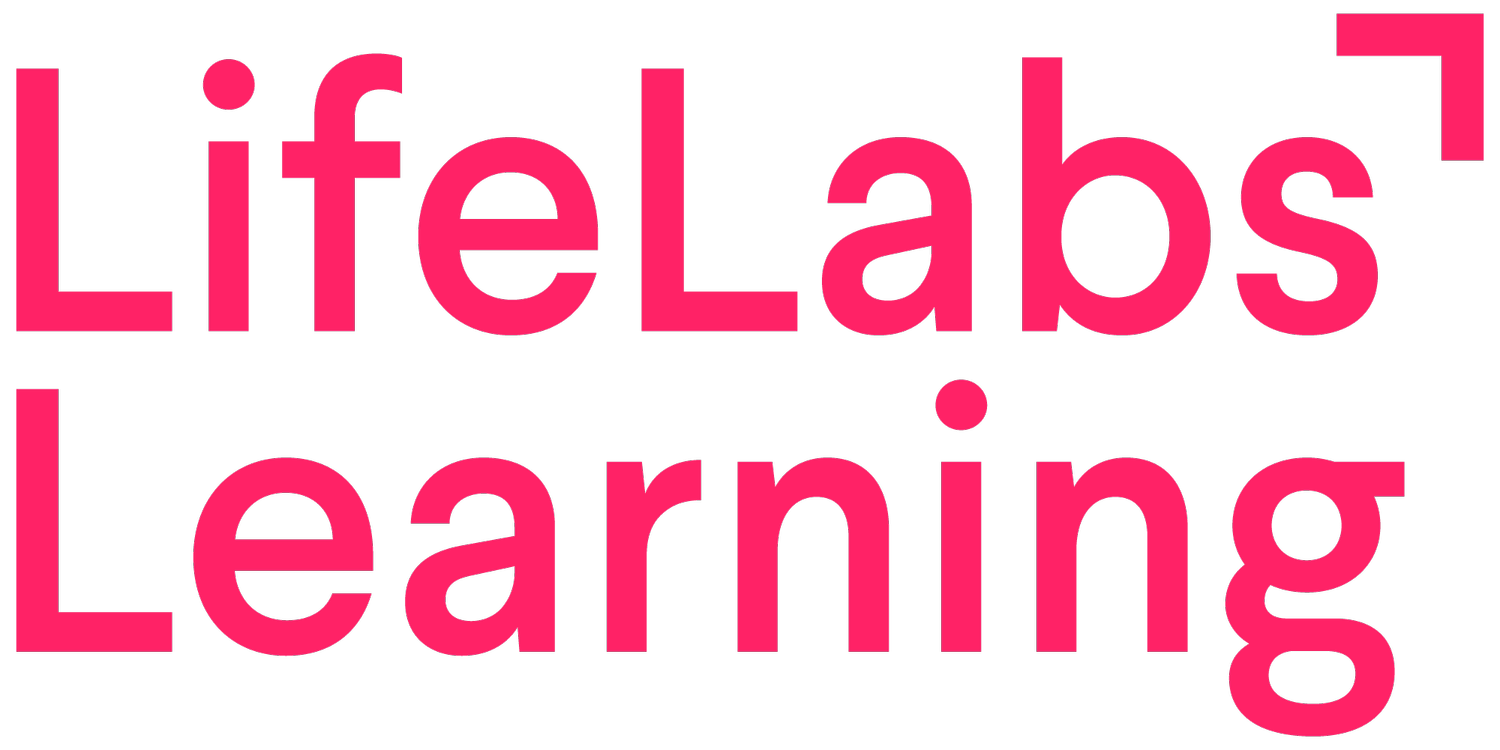Conversational receptiveness
3-minute read
In this edition of SOTM (Study of the Month) we continue to explore the topic of difficult conversations by looking at the words and phrases that open vs. close communication.
One of the great lessons of social psychology is that behavior begets behavior. How we start and engage in interactions tends to determine the nature of those interactions. Nowhere is this more apparent than in our political discourse. The question of how people in disagreement can communicate their willingness to engage with each other is paramount.
A team of researchers, led by Michael Yeomans, set out to examine what demonstrates conversational receptiveness by analyzing and coding thousands of back-and-forth communications on divisive political issues. In particular, the researchers were looking to identify the linguistic markers that signify a genuine willingness to partake in conversation.
Methodology
In a series of studies, thousands of participants wrote responses to political statements they disagreed with. Some were asked to respond in an open-minded and receptive fashion while others were asked to just respond.
The researchers then proceeded to get evaluators to rate each response in terms of engagement, receptivity, and open-mindedness. The raters held opposing positions on the issue they read (they read both the original statement and responder's statement). After, they used an 18-item receptiveness scale (answering questions like “On this issue, the respondent seems willing to have conversations with individuals who hold strong views opposite to their own.”)
While the raters were in general agreement about which texts came across as receptive, the researchers developed an algorithm that detected the particular words and phrases that correlated with receptive responses.
Pause and reflect
What words and phrases make you sound like less of a jerk?
Outcome
After analyzing thousands of lines of text, the algorithm identified four basic linguistic markers of conversation receptiveness.
Acknowledging other’s perspective: “I understand that …” or, “I see your point ...” (keep in mind that acknowledging is not the same as agreeing with).
Highlighting areas of agreement: “I agree we both want XYZ” or “We both agree that XYZ is important”
Hedging claims: Using downgraders to soften factual claims (e.g., “somewhat”, “might”, “perhaps”).
Positive framing: Communicating what you want vs. what you do not want (e.g “We should consider the benefit of investing less resources in XYZ” vs. “We shouldn’t invest additional resources in XYZ)
Most relevant to our work at LifeLabs Learning, the researchers demonstrated that a five-minute training in the “receptiveness recipe” (intervention group) significantly increased perception of receptiveness from oppositional raters. Moreover, in comparison to the control group, participants who were trained in receptive communication were viewed as more collaborative, trusting, and persuasive.
Take-away
When it comes to difficult conversations, if you want people to respect and stay open to your message, begin by modeling conversational receptiveness. These four tools are a great place to start.
Your turn
As always, we would love to hear from you. What do you find most challenging about communicating receptiveness in a difficult conversation? What is one thing you plan on extracting from this study?
To learn more about handling difficult conversations, check out our workshops on Feedback Skills and Influential Communication.
